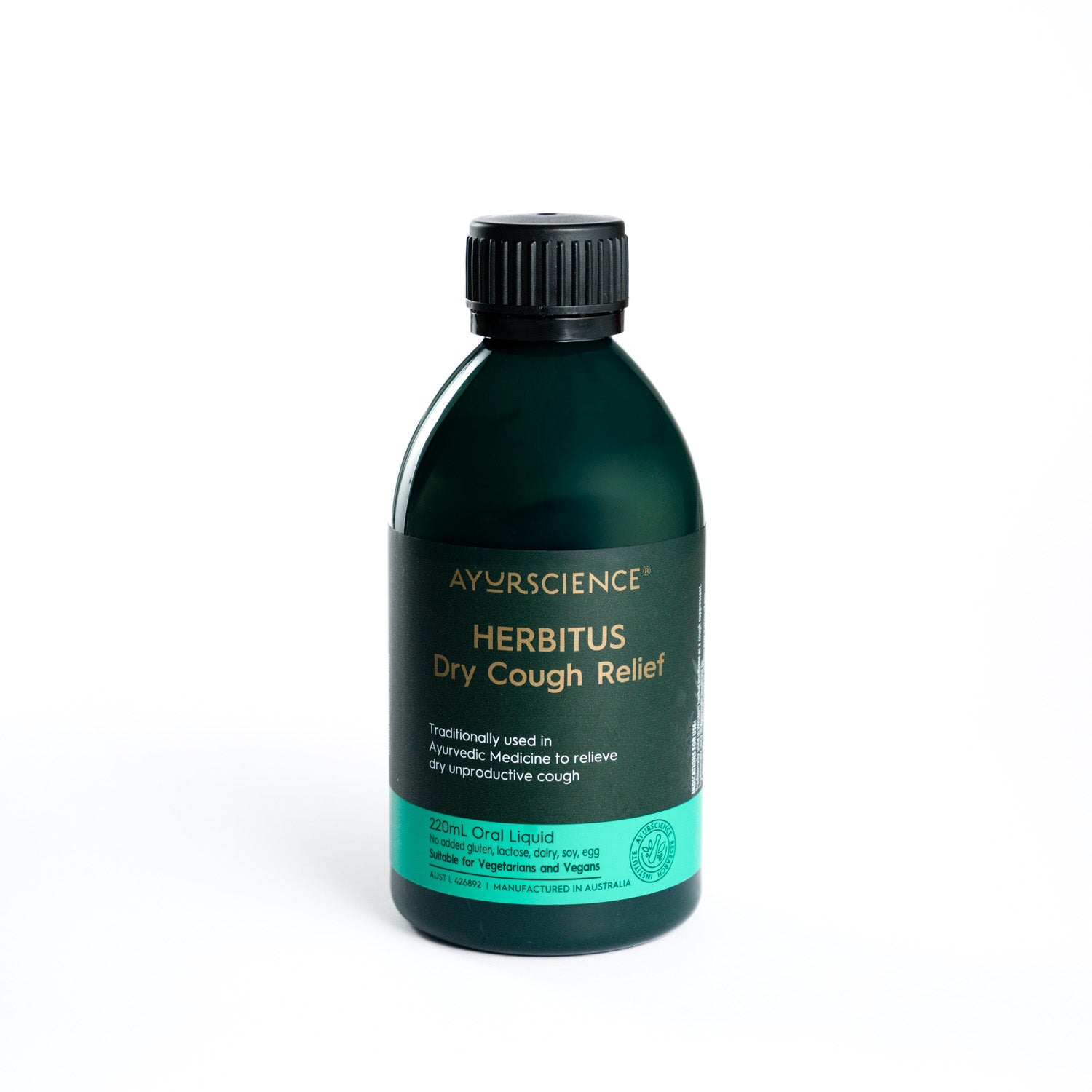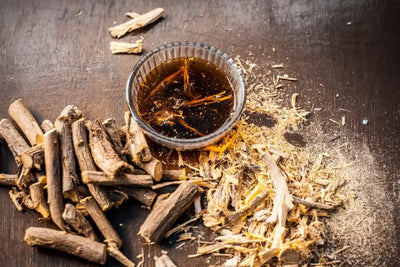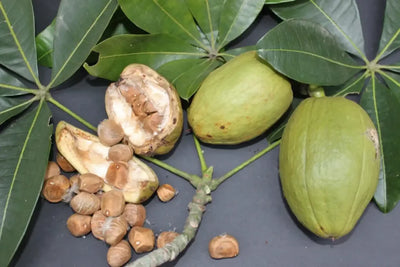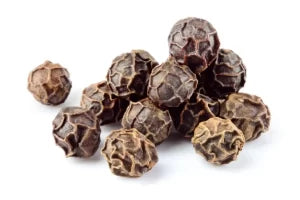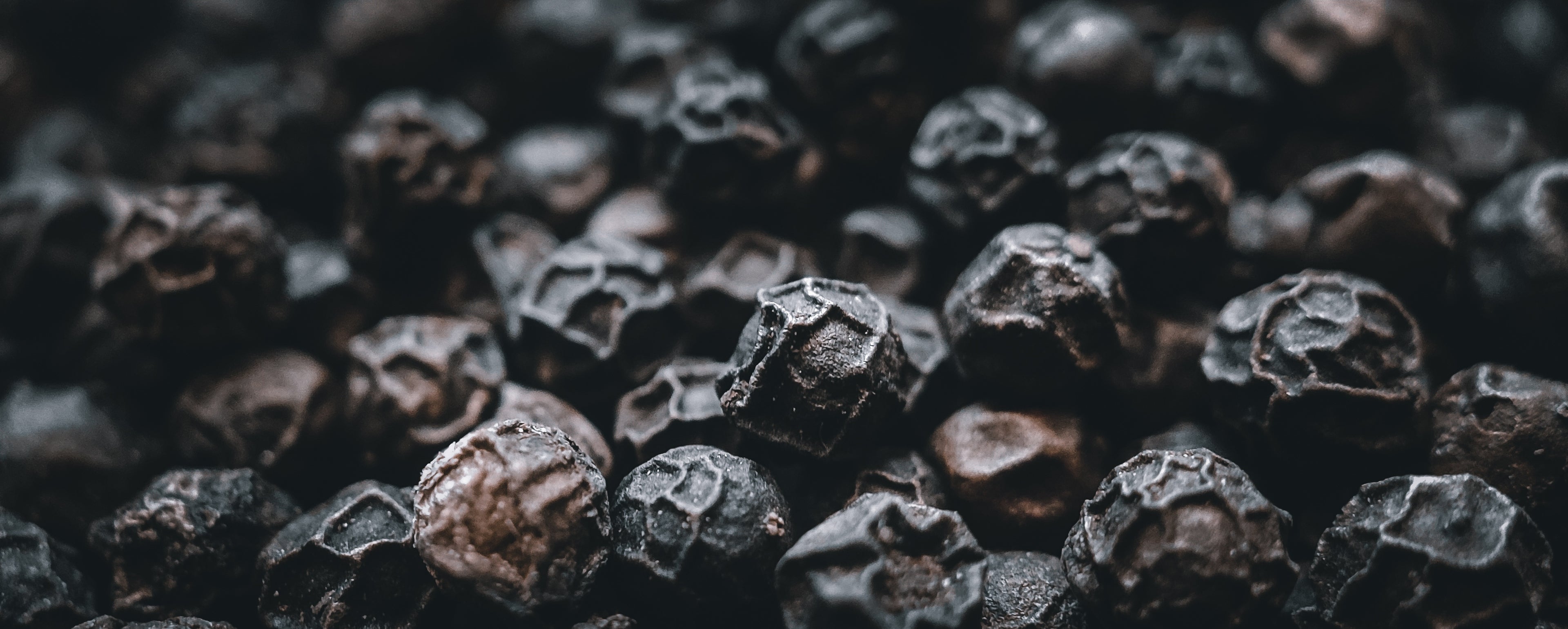Gut health and healthy digestion is fundamental to wellbeing and health. From an Ayurvedic and natural medicine perspective poor digestion weakens vital energy, impacts toxin build up and can result in irritated and inflamed digestion, impacting wellbeing.
Indigestion is a sign the gut is not coping with food being eaten. Decreased nutrient absorption further triggers gut inflammation and leads to skin and other body functions being further impacted like skin and can even impact concentration. Indigestion is common –but what is it, and what are the signs? And more importantly, we provide some simple natural tips on how to support your gut health – everyday.
Indigestion, a sign of poor gut health
Indigestion, as the name suggests, is when there is poor digestion. Digestion ensures good absorption of vital nutrients required for general health, repair and regeneration, as well as our gut and skin health. Poor digestion results in poorly absorbed food particles which further aggravates gut health and negatively impacts overall wellbeing, contributing to unhealthy gut bacteria overgrowth, dysbiosis, gut permeability and even systemic inflammation and allergy.
Signs of indigestion include:
· Bloating
· Heartburn
· Flatulence builds up
· Abdominal discomfort
· Digestive cramping
These signs are also common in digestive conditions like irritable bowel syndrome (IBS) which can be medically diagnosed.
Gut health
Good digestion is dependant on having healthy levels of digestive juice, such as digestive enzymes. These digestive juices are what breaks down our food into absorbable and non-irritating compounds that can be easily and effectively absorbed across the gut wall and into our blood.
The gut microbiome, which includes probiotics (healthy bacteria), is critical for healthy digestion, immunity, and managing inflammation.[i] When our microbiome is out of balance it negatively impacts our digestive juices and makes it difficult for good probiotics to thrive – resulting in various health issues. Microbiome imbalance, termed dysbiosis, triggers indigestion, immune disruption, hormonal challenges, systemic inflammation and skin issues, a significant link has been found with dysbiosis and acne, particularly for people with IBS or constipation.
Good digestion is important for overall health and wellbeing, reducing bloating, flatulence (or gas build up) and cramping. Addressing indigestion symptoms in a natural way by supporting digestive health can help bring digestion into balance.
Simple ways to support your gut health daily:
Here are some foundational tips to support skin health and your gut-skin axis.
1. Calm Eating:
It might sound too simple, but having a calm eating environment is extremely important for digestion. Combine that with eating mindfully, and you are off to a good start.
· Calm environment: For good digestion our body needs to know we are safe – and this means a non-stress environment. Our body can then move away from ‘fight or flight’ stress response to divert energy to digestion, like producing digestive enzymes and gastric fluids needed for digestion and appetite.
· Mindful eating: Mindfully eating includes taking the time to chew food well and noticing impact of foods on the body and mind. Identifying and avoiding trigger foods is important. Ayurveda also stresses the importance of not-over eating, especially indulgent, fatty or sugary foods, as this can also lead to build up of toxins. Making note of emotional eating and find ways to manage stress or emotions outside of a food relationship, such as a meditative practice or yoga. Find healthier ways of treating yourself without the need for unhealthy ‘treats’ – some quiet time for contemplation with your favourite tea, a hot bath with a face mask, a bunch of flowers – all beautiful ways of honouring self.
2. Stimulate Your Digestion:
Stimulating digestion will help production of digestive enzymes and other digestive juices, ready to breakdown food when you eat, helping reducing bloating, flatulence and gut cramping. If you have signs of indigestion, then introducing some specific digestive herbs and remedies may help. These can be added to food and taken as a complementary medicine before meals, or taken after eating a triggering meal to help reduce symptoms.
Ayurveda utilises the digestive remedies below in cooking and as natural remedies, to stimulate digestion. These natural remedies can also be used to help reduce medically diagnosed irritable bowel syndrome (IBS) symptoms, such as bloating, cramping and gas, occurring.
Asafoetida herbal is traditionally used in many Asian, Indian and Mediterranean cultures as food and medicine. The resin is used as a digestive aid, stimulating the production of digestive enzymes and therefore reducing bloating and other signs of indigestion. It helps to reduce the build-up of gas that leads to bloating and digestive cramping. It has also been shown to impact gut microbiome health. It is used in Ayurvedic and Traditional Chinese Medicine (TCM) for digestive spasm and cramping, and to support a healthier microbiome.
Black Salt is a special type of salt that is prepared in a traditional Ayurvedic way for thousands of years to produce a mineral-rich compound to help support digestion. This unique processing method infuses salt with the minerals and compounds from special herbal remedies and charcoal in a high heat kiln. Black salt is traditionally used in Ayurveda to help support digestive balance and address inflammation.
Ajwain (Carom Fruit): Ajwain fruit looks like a small seed. It is broadly used in Indian, Mediterranean and Middle Eastern cultures as food and digestive remedy, often combined into foods that are known to cause flatulence, like legumes. As a digestive remedy it works to improve digestion of food by helping to increase the production of digestive enzymes, and helping reduce bloating.
Ajwain also contains many compounds that may help address digestive dysbiosis, and support movement of the bowels. Traditionally Ajwain is combined with Black Salt for enhanced synergy.
AyurScience Gasnix contains Asafoetida, Black Salt and Ajwain, is certified low FODMAP by Monash University, suitable for people on a low FODMAP diet. AyurScience Gasnix helps reduce the occurrence of symptoms of medically diagnosed Irritable Bowel Syndrome (IBS).
3. Care for your microbiome
To support your microbiome, opt for foods that help the growth of good bacteria (probiotics) and help reduce inflammation. Avoid foods that can increase gut inflammation and create an environment for unhealthy gut bacteria.
· Boost your diet with fermented foods:
o Fermented foods contain natural probiotics which support the digestive system.
o This includes natural yogurt, tempeh, kefir, sauerkraut, kimchi, kombucha, and miso.
o Try incorporating these foods into your daily diet to support a diverse range of healthy probiotics.
· Healthy fibre rich foods:
o Fibre is a prebiotic that helps feed and grow probiotics, the healthy bacteria in the gut.
o Incorporate fibre rich fruit, vegetables, nuts and legumes into your diet where they are suitable for you.
o Some fibre rich foods can be high in FODMAP which can impact IBS. Be mindful of which foods are high FODMAP, and avoid those that cause a reaction.
o Even if you are on a low FODMAP diet look at which fibre rich foods can be included for you. Working with a health practitioner can help you work out what foods are most suitable for you, and when to introduce fibrous foods.
o Document your foods and reactions in a food diary to help you assess your needs. This can provide very valuable information to discuss with your healthcare professional.
· Avoid sugar and processed foods:
o These foods have a negative impact on your microbiome.
o Avoid processed foods, fried foods, sugary foods and food with high-fructose corn syrup or artificial sweeteners.
o Alcohol has a negative impact on the microbiome, and best to avoid.
4. Healthy Lifestyle:
· Manage stress: Mindfulness practices like meditation can help manage stress, and can be incorporated into your daily routine.
· Avoid toxins (like smoking, pollution, alcohol and chemical cleaners).
· Quality sleep is important for digestive health, aim for 7-8 hours each night.
· Exercise is not only good for the body, but also for the mind, helping to reduce stress – and supporting gut motility – which may help constipation or diarrhoea. Aim for some daily movement to support your overall wellbeing.
[i] Ryguła, I.; Mickiewicz, W.; Grabarek, B.O.; Wojcik, M.; Kaminiow, K. The Role of the Gut Microbiome and Microbial Dysbiosis in Common Skin Diseases. Int. J. Mol. Sci. 2024, 25, 1984. https://doi.org/10.3390/ ijms25041984
